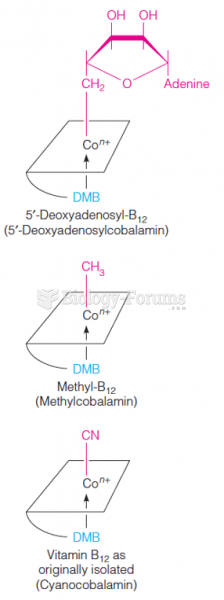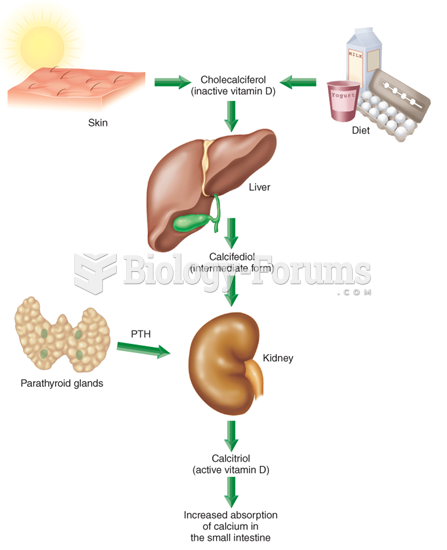Answer to Question 1
If you decide to start taking a supplement, keep the following points in mind when choosing one:
1 . Remember that price is not an indication of quality. Many products sold at major retail chains and drugstores are just as high in quality as pricier versions sold in health food stores. Look for a product that meets high standards for manufacturing. One way to do this is to check the label to see whether the product meets USP standardsmanufactur ing practices set forth by the U.S. Pharmacopeia, the organization that establishes drug standards. The organization's standards require that a supplement be able to disintegrate and dissolve thoroughly in the stomach within a certain period of time, thereby increasing the chances that the nutrients inside will be absorbed and used by the body. Also look for a bottle or package that carries an expiration date. If it doesn't, you run the risk of buying a product that has been sitting on a shelf for a long time. After a while, the product may lose its potency.
2 . Look for a supplement that contains both vitamins and minerals, with no more than 100 percent to 150 percent of the recommended Daily Values for each. For the most part, nutrients work in concert with one another, promoting the body's ability to make use of them. Products that include a balanced mix of vitamins and minerals are the best bet for most people. Steer clear of products containing extraneous substances such as PABA, hesperidin, inositol, and bee pollen. These nonvitamin substances have never been proved essential to humans and only add to the price of the supplement. Be wary of taking multivitamins that also contain herbs. Although herbal products are considered to be dietary supplements, the unregulated herbal industry of today is a buyer-beware market.
3 . Buy products sold in childproof bottles or packages if you have children around. Vitamins and minerals, especially iron, can be highly toxic to children. Every year, tens of thousands of children swallow excess vitamin-mineral supplements, and iron-tablet overdoses alone are one of the top causes of accidental death in youngsters.
Answer to Question 2
D







